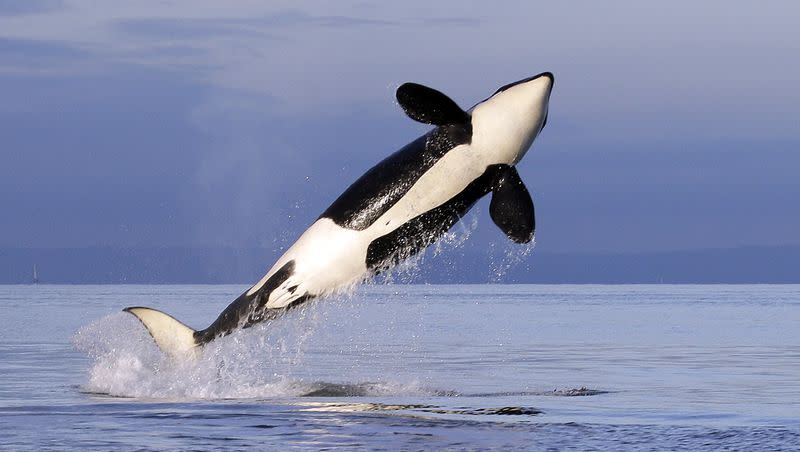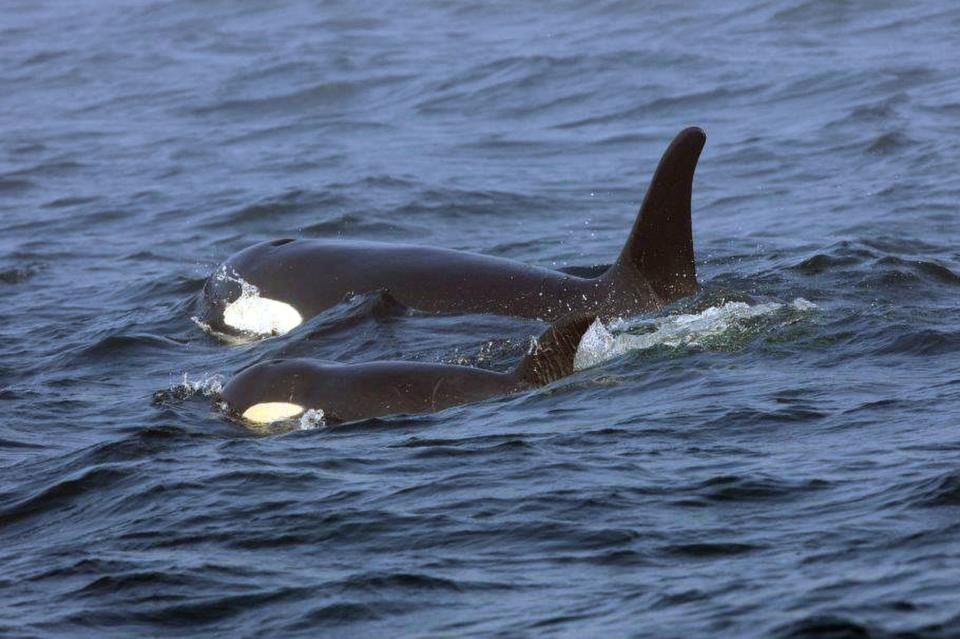The orcas are at it again. They’ve sunk another boat off Morocco

The orcas have sunk yet another boat — this time, a group managed to sink a yacht off the coast of Morocco. No one was hurt.
The attack left the vessel with “irreparable damage” on Oct. 31, CBS News reported. The group “hit the steering fin for 45 minutes, causing major damage and leakage,” tour agency Morskie Mile wrote on Facebook, per CBS News.
It was the fourth time in two years that a group of orcas managed to sink a boat in southwestern Europe, Live Science reported.
Orcas have slammed into multiple boats off the coast of Europe — among at least 20 interactions in May between orcas and boats, when the herds were particularly active, research group GTOA reported, per Reuters.
On May 26, a pod of orcas — often called killer whales — “broke the rudder and pierced the hull” of a sailing boat off the coast of southern Spain.
“You’re in awe at the same time as you are nervous,” Stephen Bidwell, a photographer on a boat the orcas attacked, told The New York Times.
Related
According to Live Science, “experts now believe the behavior is being copied by the rest of the population.”
Why are orcas interacting so closely to boats?
NBC News reported that “Encounters between orcas, or killer whales, and boats have been increasing since 2020,” but no humans have been injured or killed, despite some of the boats ultimately sinking.

A biologist at the University of Aveiro theorized that the attacks may have started with a female orca who was struck by a boat, and the traumatizing incident motivated her to begin slamming into boats as a defensive maneuver. Whales are social creatures and tend to pick up on behaviors of other whales and follow after them, per Live Science.
“The orcas are doing this on purpose, of course, we don’t know the origin or the motivation, but defensive behavior based on trauma, as the origin of all this, gains more strength for us every day,” biologist Alfredo López Fernandez told Live Science.
Related
Marine scientist Ruth Esteban says she believes the behavior to be playful and may be a way to show off to their peers, according to BBC.
“If they see that they have the power to move something really big, maybe that’s really impressive for them,” Esteban told BBC.
Scientists warn about making any specific projections about why the orcas are doing this.
“We urge the media and public to avoid projecting narratives onto these animals,” a group of more than 30 scientists wrote in an open letter this summer. “In the absence of further evidence, people should not assume they understand the animals’ motivations.”

